
It’s almost surprising that it took four seasons for American Horror Story to make its way to the freak show. After all, under Ryan Murphy’s watchful eye, the series has always been one of television’s most passionate and potent celebrations of misfits and monsters. The real monsters aren’t the ones society always fingers as such, a season of American Horror Story typically notes, before proceeding to expose the real atrocities hidden behind locked doors and faceless institutions.
Usually, subtlety isn’t a tool at its disposal – season one focused on infidelity, season two explored the meaning of sanity and the ways in which it’s measured, and season three dealt with issues of subjugation and racism by throwing slavery and feminism into the mix. In each of those seasons, audiences were presented with obvious freaks, monsters terrifying both physically and psychologically, then were forced to reevaluate their previous views about them as even darker forces came into play. Intriguing and unique as American Horror Story sometimes was over the past few years, the show’s aims and ideas were never difficult to piece together.
But what, then, of American Horror Story: Freak Show? Like the other seasons, it’s set in its own time and place (1952 Jupiter, Florida) and finds familiar faces like Jessica Lange, Sarah Paulson and Evan Peters taking on new characters. But there’s something new in the air, too.
By actually setting this season of the show at one of America’s last surviving “cabinets of curiosities,” and introducing a collection of directly “freakish” characters all carrying serious demons, Murphy seems to be playing a sly variation on his typical tune. If the episode was given a cursory glance, it wouldn’t appear that there’s much by way of subtlety going on in Freak Show. Upon digging a little deeper, though, some of Murphy’s less open ambitions start to reveal themselves.



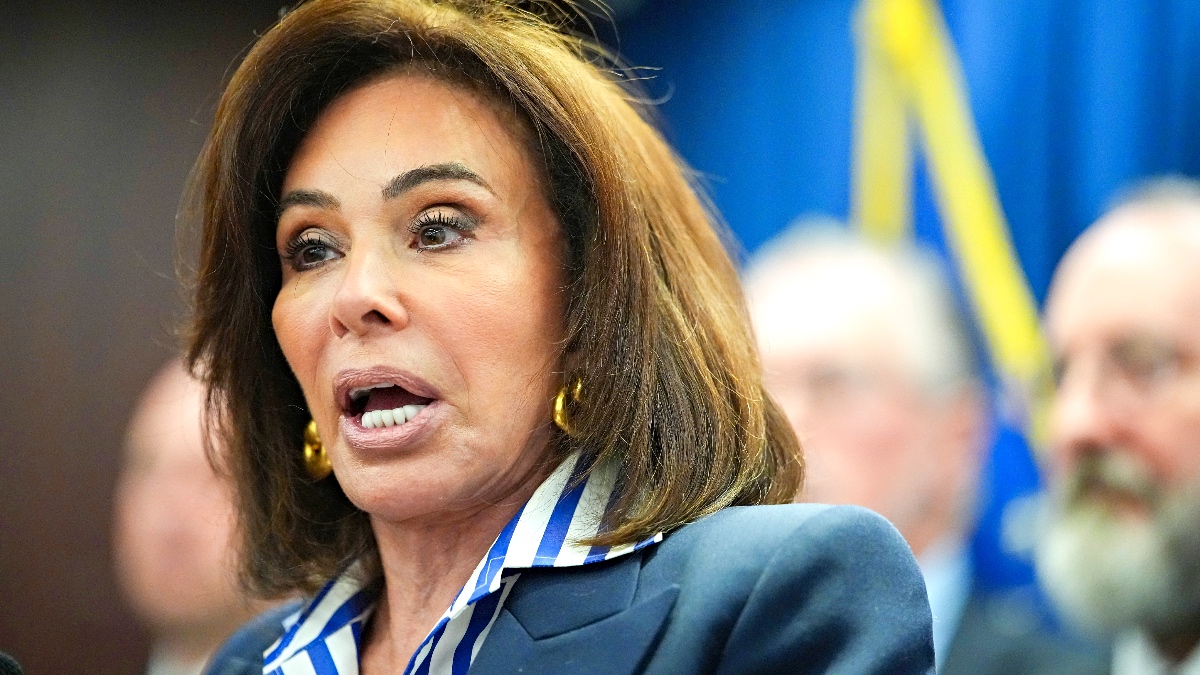
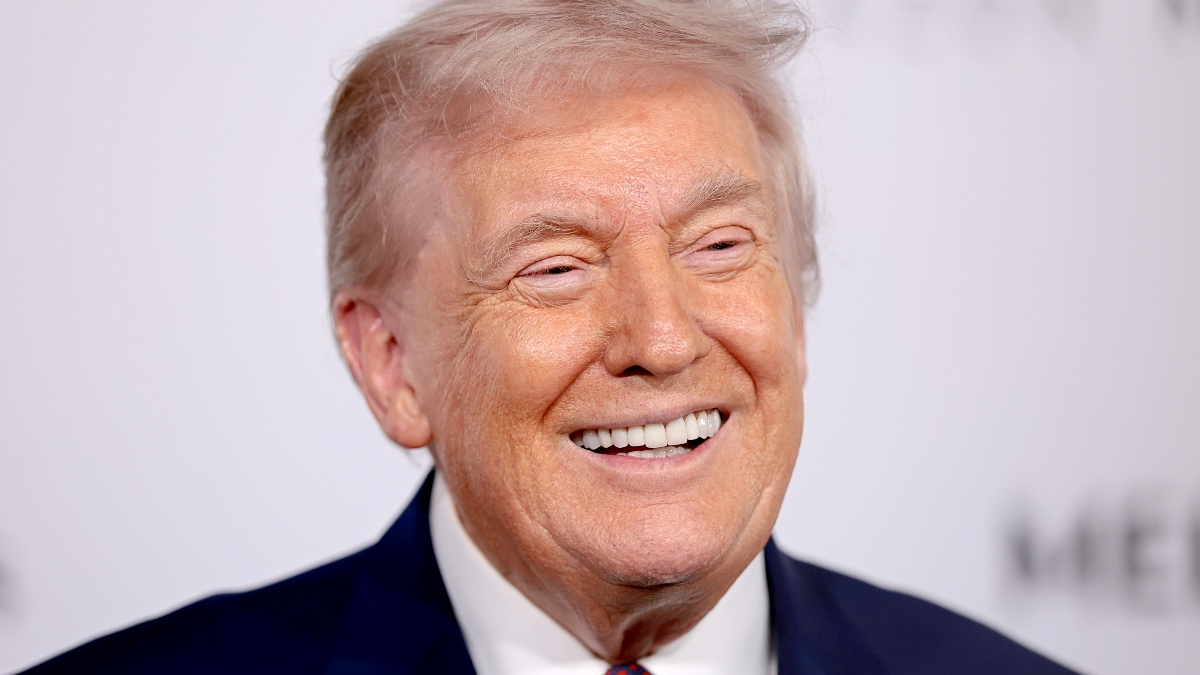
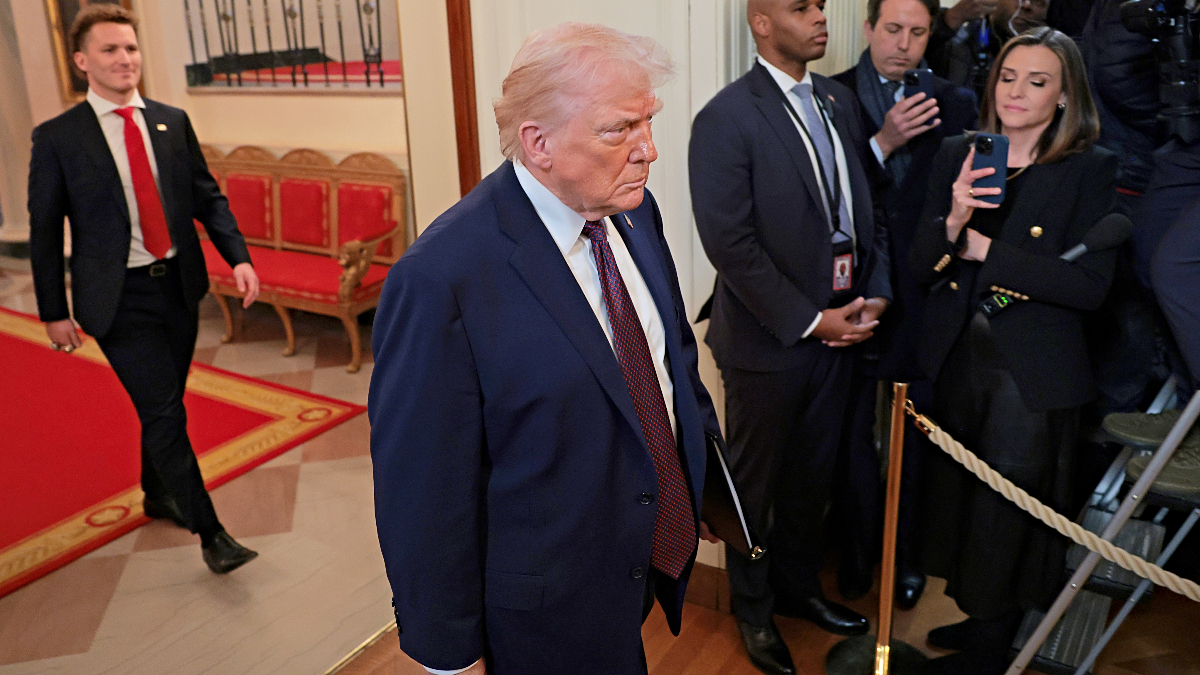
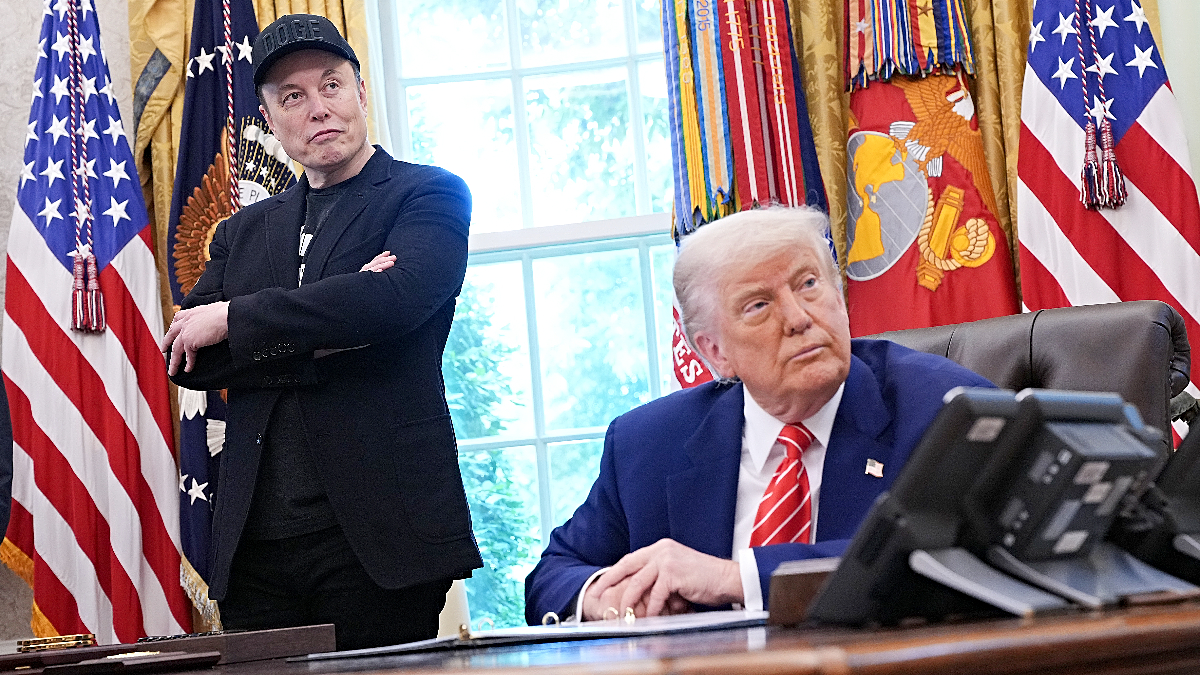
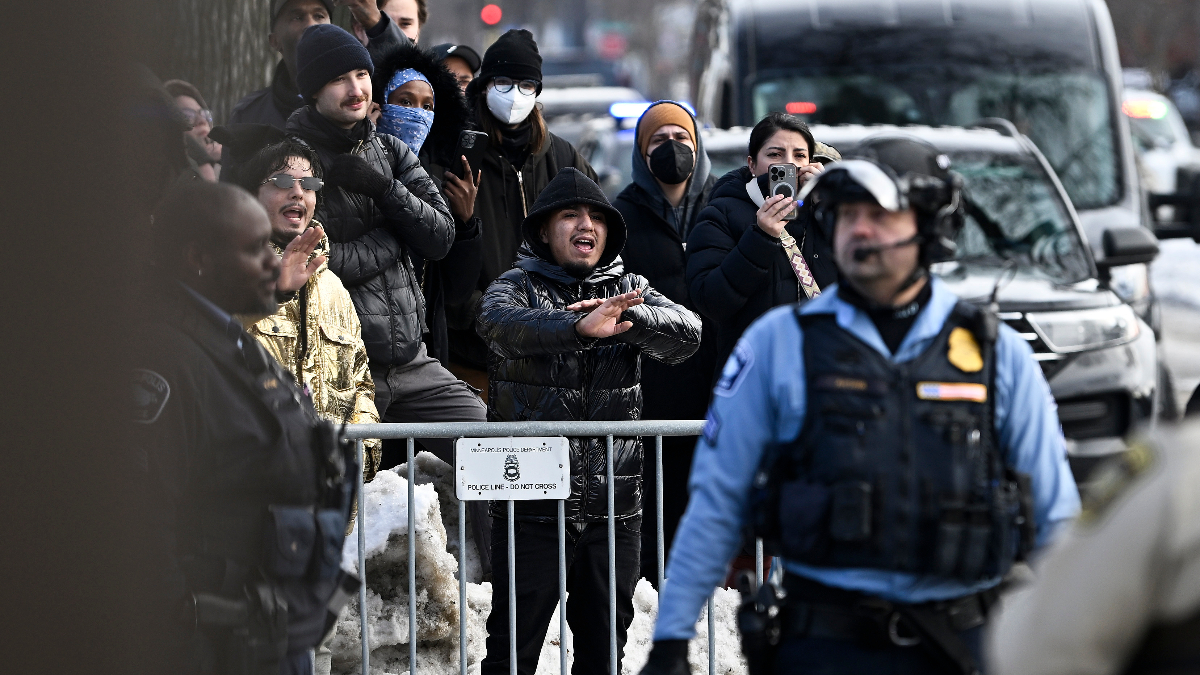
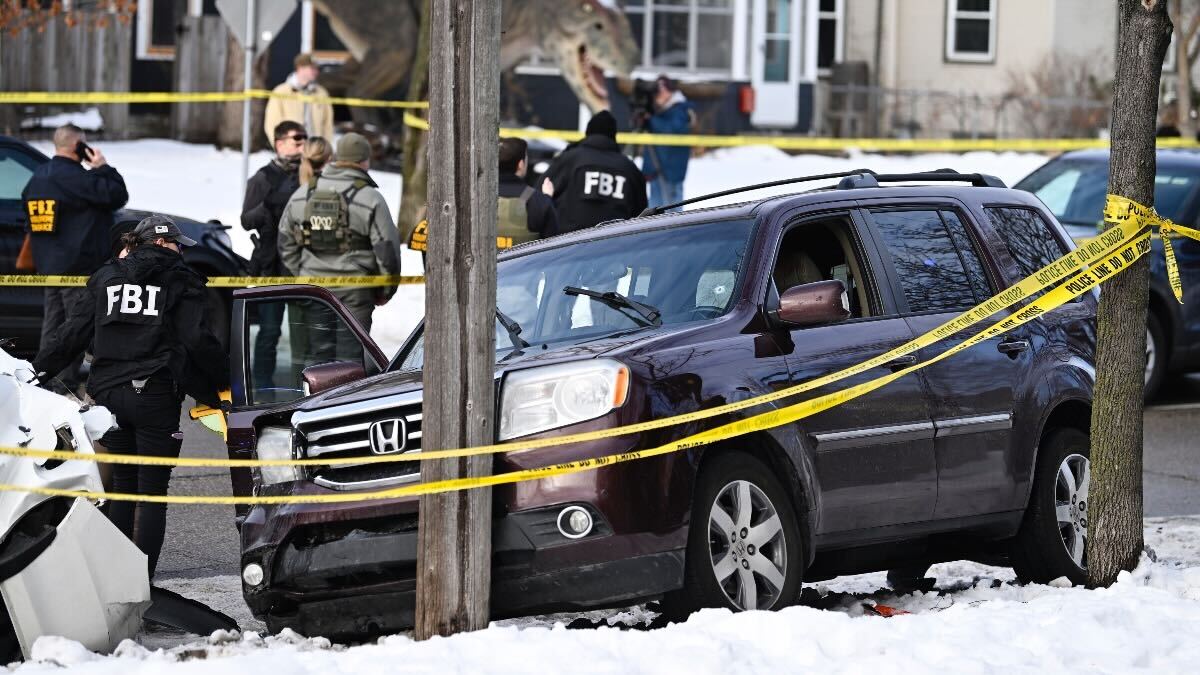
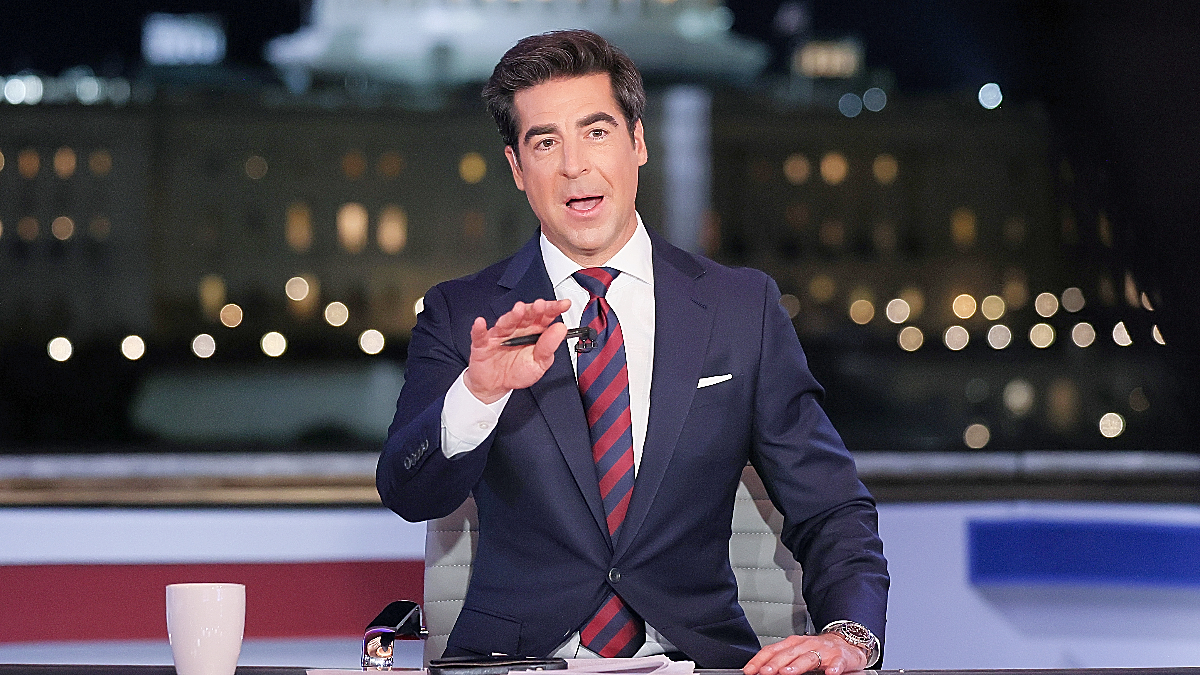
Published: Oct 8, 2014 10:25 pm